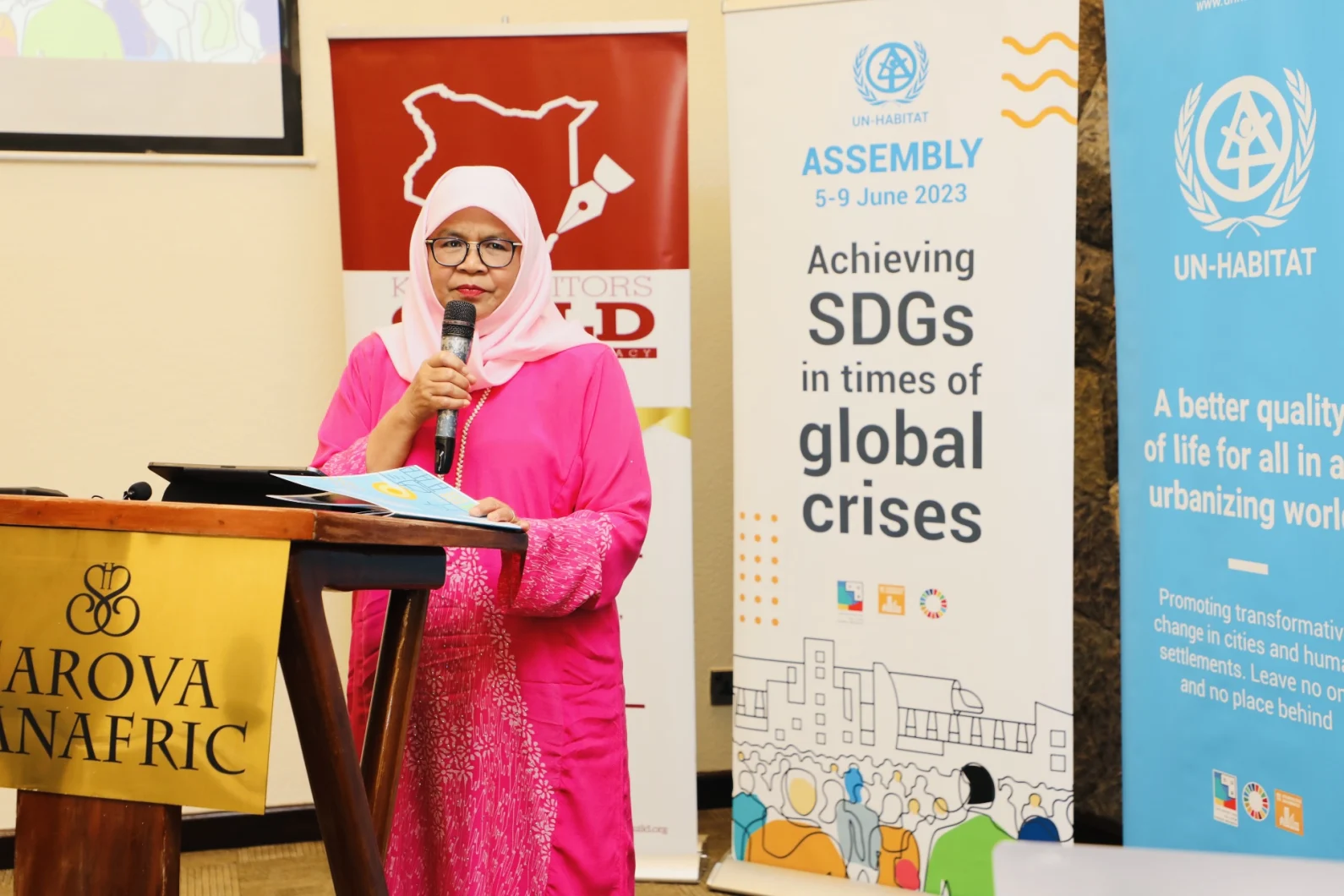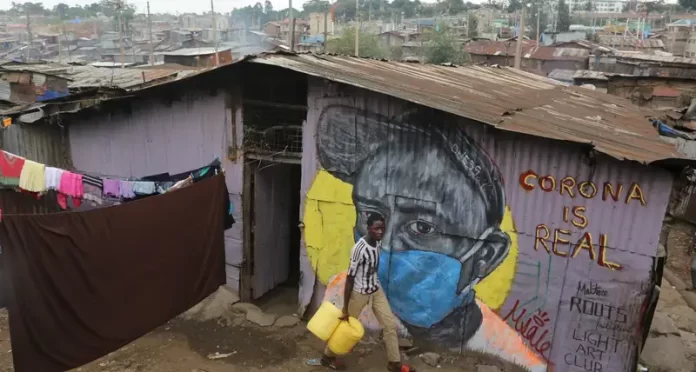By Winnie Kamau
Nairobi, Kenya: As the 2nd UN Habitat Assembly gathers in Nairobi from June 5th -9th, Amnesty International is calling out to the Assembly.
UN Habitat data warns globally, 1.6 billion people or 20% of the world’s population live in inadequate housing, of which one billion reside in slums and informal settlements. Under these conditions, the goal of eradicating poverty in all its forms by 2030 and leaving no one behind will not be achieved.
The data also shows the world will continue to urbanize over the next three decades, from 56% in 2021 to 68% in 2050. This translates into an increase of 2.2 billion urban residents, living mostly in Africa and Asia.
Amnesty is asking the Assembly the need for renewed commitment to guarantee the right to adequate housing for all “The housing challenge is not just the lack of physical houses in urban areas. It is also about having decent affordable housing so that people living in all income brackets can have access to safe and adequate housing” says Amnesty International’s regional director for East and Southern Africa Tigere Chagutah.
Amnesty International is calling on the assembly to urge governments to put in place time bound strategies that will explore all options including in-situ upgrading of informal settlements so as to achieve adequate housing for all and leave no one behind. As the percentage of the global population living in urban areas grows, governments must take urgent steps to ensure that housing and sanitation infrastructure in towns and cities is adequately equipped.
“Delegates meeting in Nairobi must renew collaborative efforts for the realization of the right to housing in urban areas where people living in poverty often have no option but to live in highly inadequate housing in informal settlements that often also poses a risk to their health. In addition, many are subjected to forced evictions and homelessness” notes Tigere.
Adding “Governments must commit to invest in social housing, slum upgrading, water and sanitation programmes in urban informal settlements as well as undertake urban renewal programmes that are environmentally sustainable, inclusive, transformative, productive and equitable.”
 The Under-Secretary-General and Executive Director of UN-Habitat Maimunah Mohd Sharif, in her earlier engagement with media noted the role of media as the bridge connecting the international body to society.
The Under-Secretary-General and Executive Director of UN-Habitat Maimunah Mohd Sharif, in her earlier engagement with media noted the role of media as the bridge connecting the international body to society.
“Media plays a very crucial role. We need to work closely with the media to help us disseminate the work that we are doing and also to gain feedback from you on what is needed on the ground,” Sharif said.
In addition, the Assembly will have its first-ever First Ladies roundtable on women’s involvement in placemaking in cities. The Assembly will also feature an urban expo showcasing various topics related to housing, urban development, and technology.
The second session of the UN Habitat Assembly is themed “A sustainable urban future through inclusive and effective multilateralism: achieving the Sustainable Development Goals in times of global crises.”














